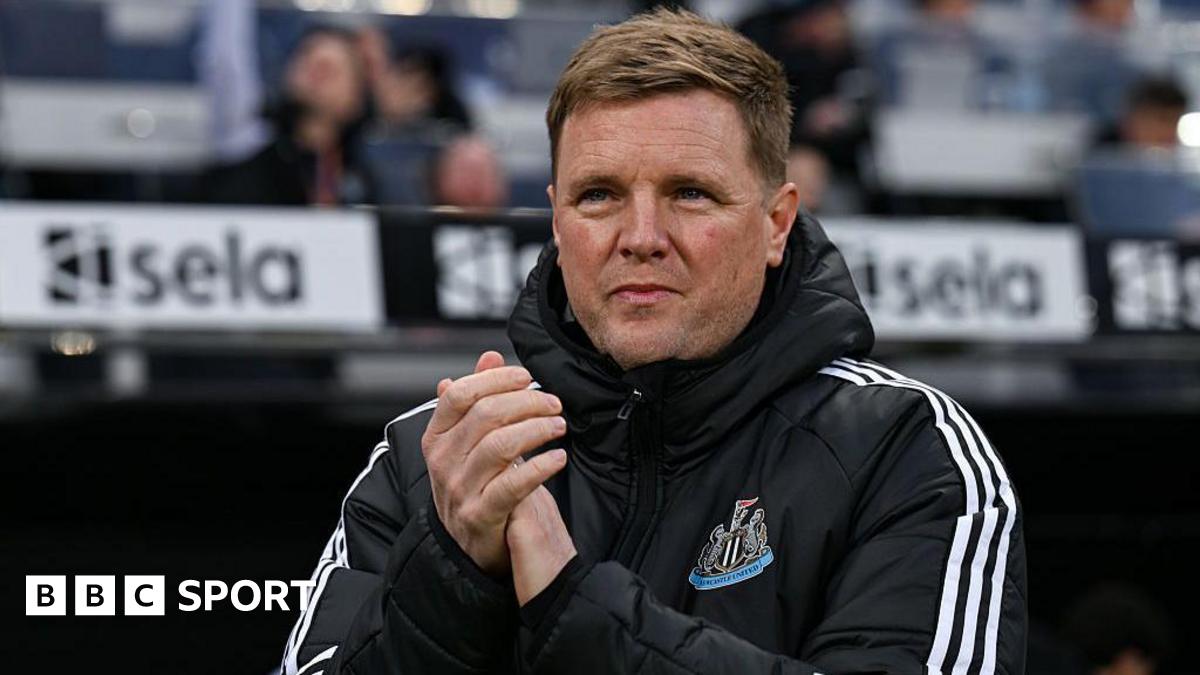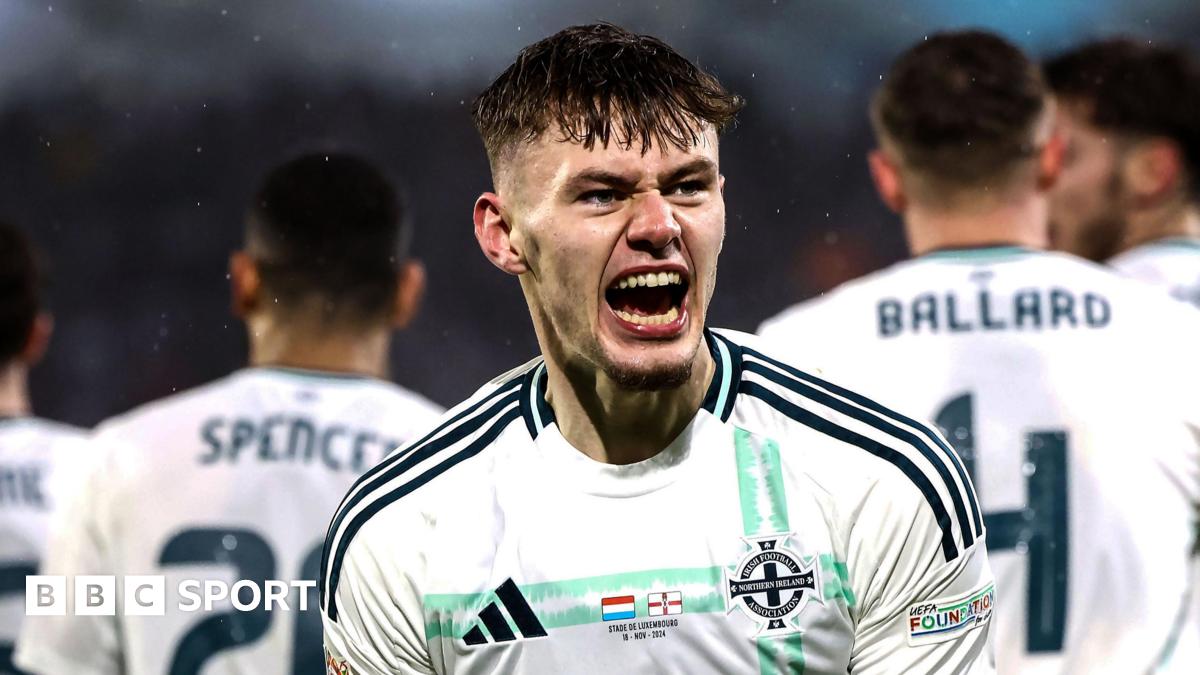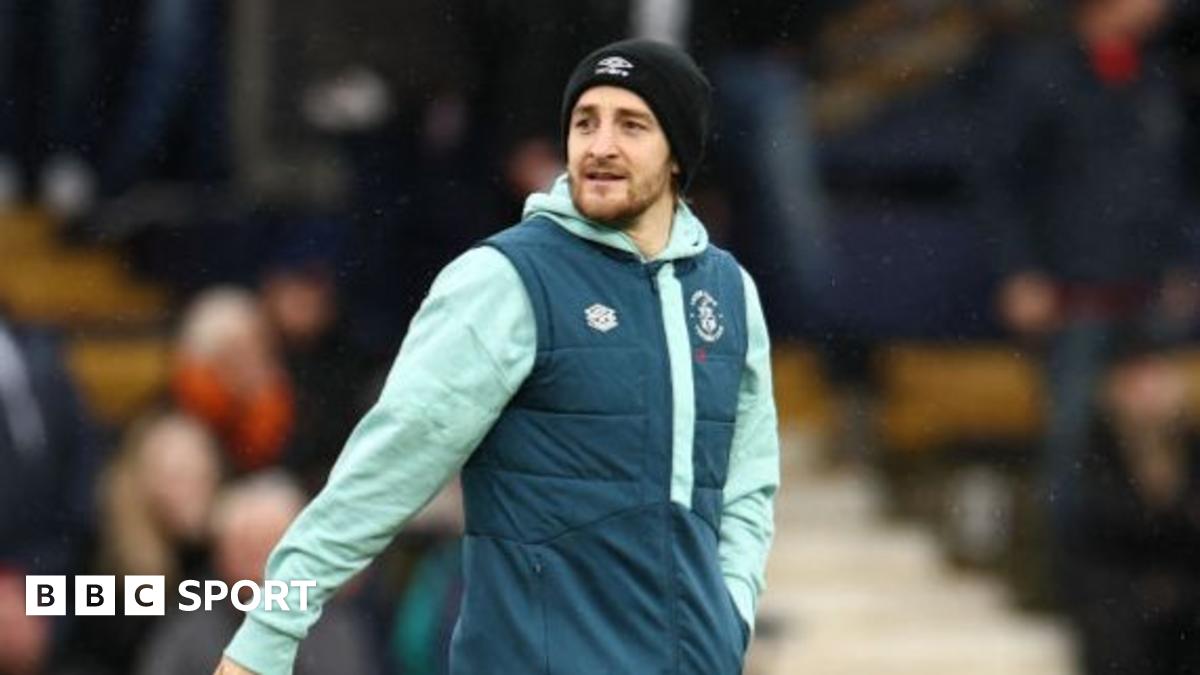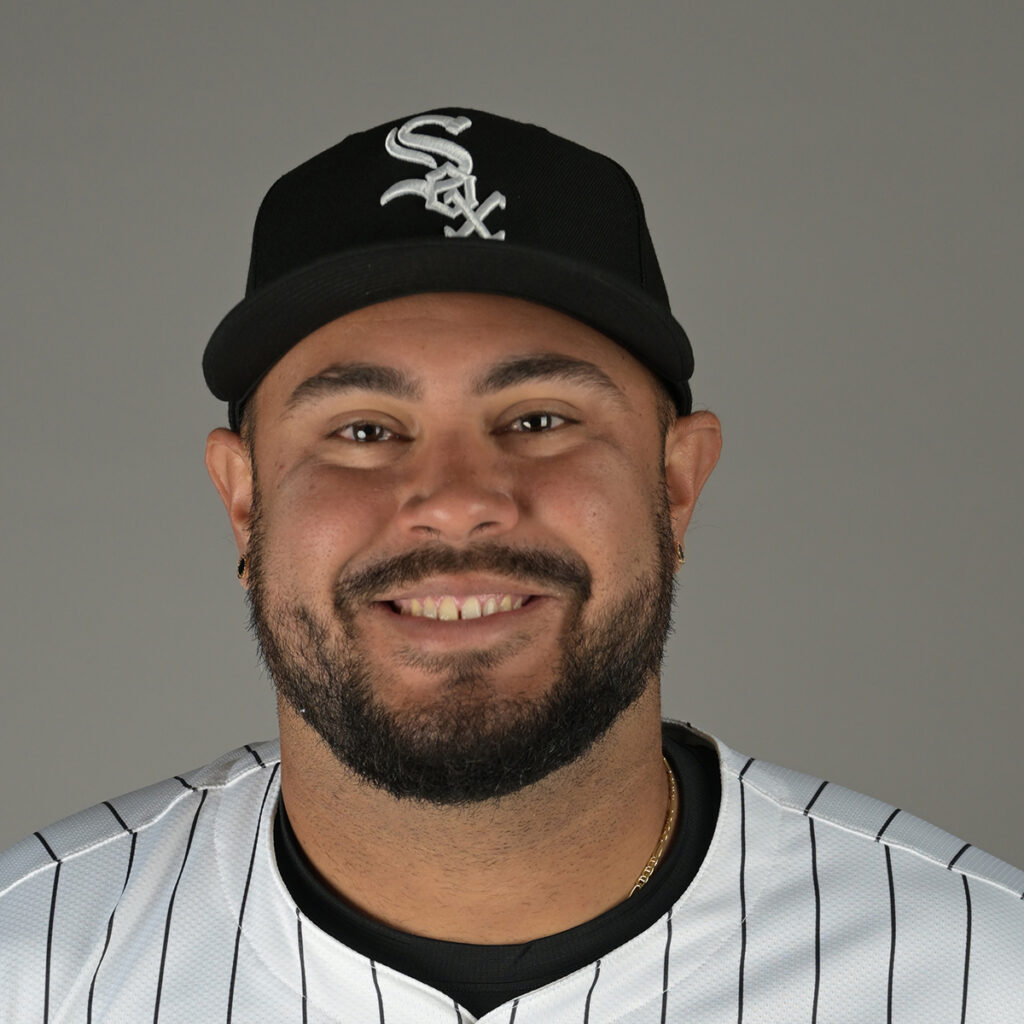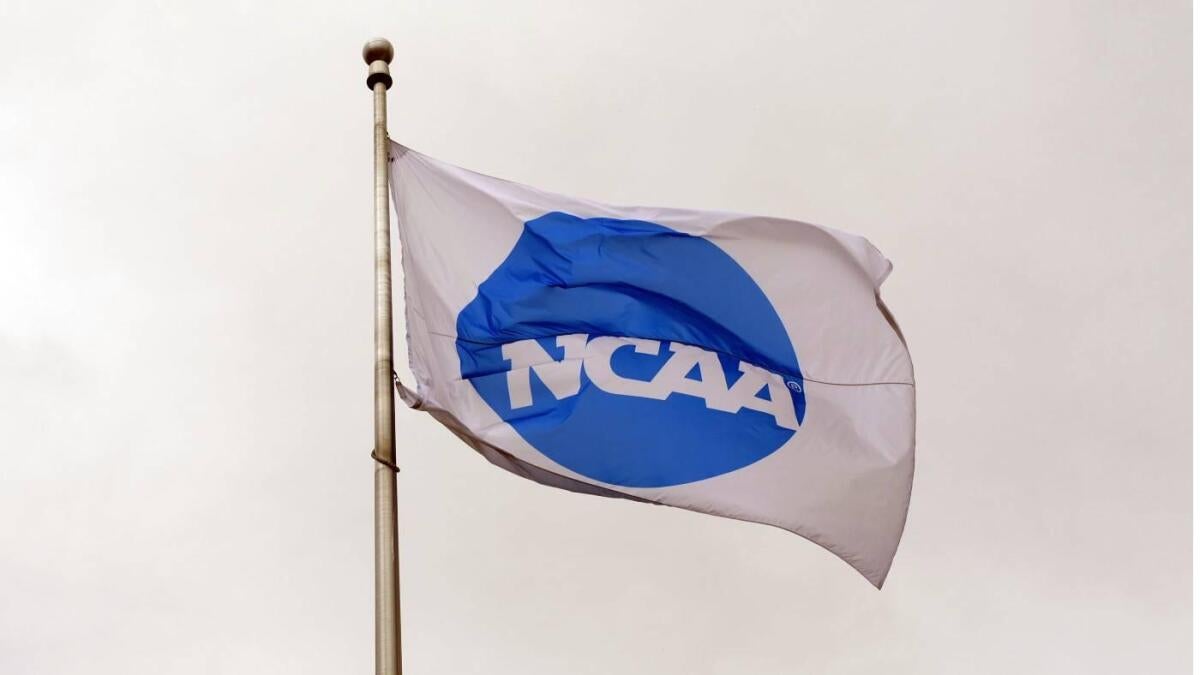Grading the Trades and Picks from the Movie 'Draft Day'

In a cinematic portrayal that intertwines the high-stakes world of professional football with emotional depth, the 2014 film Draft Day showcases the tumultuous day in the life of Cleveland Browns general manager Sonny Weaver Jr., embodied by Kevin Costner. The film's climax sees Weaver engaging in intense trade negotiations, one memorable line erupting with a touch of humor and authenticity: "C'mon, Tom. Say it with me, you pancake-eating motherf***er." This line epitomizes the bravado often required in the realm of sports management.
Set against the backdrop of the NFL Draft, the narrative unfolds as Weaver grapples with a multitude of pressures. On one hand, he is confronting the recent death of his father, Sonny Weaver Sr., a former Browns coach, and on the other, he learns that his girlfriend, Ali Parker, played by Jennifer Garner, is pregnant. This blend of personal and professional turmoil sets the stage for a series of pivotal decisions that could reshape the franchise's future.
Weaver also finds himself in a challenging partnership with head coach Vince Penn, portrayed by Denis Leary. Penn's past success, including a Super Bowl victory with the Dallas Cowboys, fuels a tension-filled dynamic where he often undermines Weavers authority. Their conflicts escalate dramatically, culminating in Penn burning scouting reports in Weaver's office and threatening to quit, underscoring the chaotic environment surrounding the draft.
Amidst the drama, Weaver's abilities as a negotiator are put to the test when he embarks on several trades during the draft. The pivotal moment occurs when the Browns secure the No. 1 overall pick from the Seattle Seahawks, in exchange for three first-round selections, including their No. 7 pick.
Seahawks general manager Tom Michaels, played by Patrick St. Esprit, initially recognizes Weavers vulnerability and proposes the trade. Weaver, still reeling from personal losses and pressure from Browns owner Anthony Molina, portrayed by Frank Langella, is swayed into making a seemingly desperate deal. Molina's insistence that "people pay to get wet" in the draft drives Weaver to act impulsively, ultimately agreeing to give up valuable future draft capital.
Critics have noted that Weaver's decision to surrender so much for the No. 1 pick, especially when the teams quarterback situation seemed stable with Brian Drew, raises eyebrows. Evaluating the trade using traditional draft pick value charts, the Browns appear to have been taken advantage of, surrendering a total of 4,502 points against the 3,000-point value of the top pick. This trend of high-stakes trades mirrors real-life NFL scenarios, such as the 2023 trade where the Carolina Panthers exchanged multiple high-value picks for the No. 1 spot.
Next, the Browns secure the No. 6 pick from the Jacksonville Jaguars for three second-round picks. Here, Weaver capitalizes on the Jaguars' indecision, particularly regarding the talented quarterback Bo Callahan, who finds himself slipping down the draft board. Weaver asserts his authority, making a bold move that seems to embody his character's resurgence.
In a surprising turn, the Browns later negotiate to get their two future first-round picks back, along with a player"David goddamn Putney"who is a standout punt returner. This trade serves as a narrative climax where Weaver cleverly flips the situation, showcasing his negotiation prowess and securing a commendable deal.
As the movie progresses, the focus shifts to the draft picks themselves. Weavers initial choice of linebacker Vontae Mack, played by the late Chadwick Boseman, draws skepticism. While Mack is portrayed as a talented prospect, the decision to pick him at No. 1 is questioned, especially given the surrounding talent. Despite Macks impressive college performance, the projection of him as a top pick seems to be a stretch.
Meanwhile, the selection of quarterback Bo Callahan raises further debate. Though Callahan exhibits potential, his off-field character issues, including rumors of alienation from his teammates, create doubts about his future success. The Browns decision to draft him, even though they had other pressing needs, reflects the complexities of balancing talent with character in the draft process.
Finally, Ray Jennings, played by former NFL star Arian Foster, presents another layer of conflict. Though Jennings boasts impressive statistics, his involvement in off-field incidents raises red flags. The Browns' choice to draft him, partly due to his familial ties to the organization, illustrates the intertwining of personal relationships and professional decisions that often characterize the draft.
As fans reflect on the film's portrayal of the NFL Draft, one question lingers: Were Weaver's decisions, fueled by emotion and circumstance, truly sound? Lets delve into an analysis of the trades and picks from 'Draft Day':










